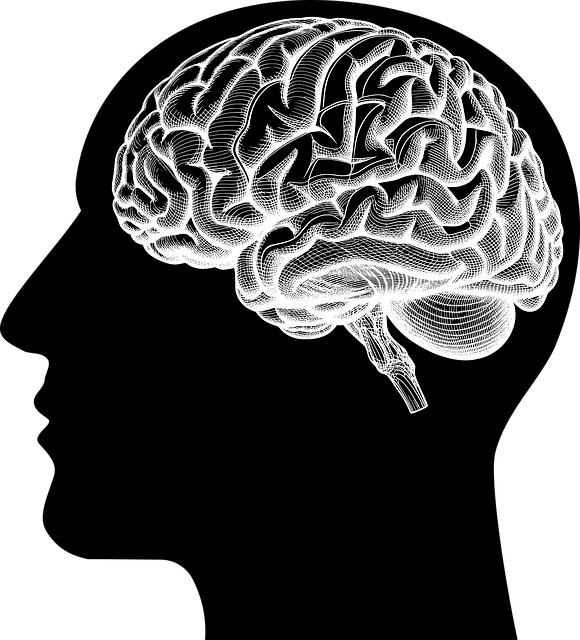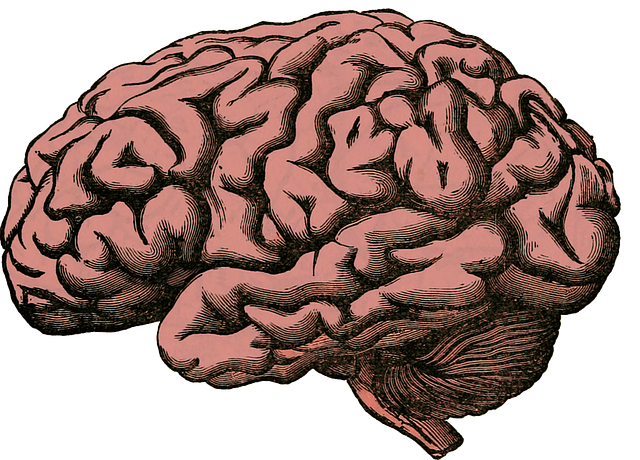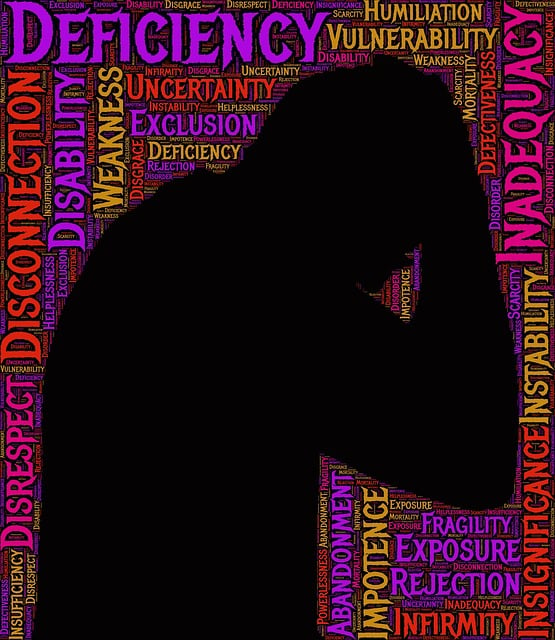Addressing the mental health needs of French-speaking elderly individuals requires a specialized approach due to language barriers, cultural stigma, and limited access to therapists who speak their native tongue. Crisis hotline services are vital, offering immediate support, tailored therapy, and connections to resources for French-speaking elders. These hotlines bridge communication gaps, foster trust, and promote long-term well-being through 24/7 guidance from trained professionals. Training healthcare providers in cultural competency enhances care, while partnerships with francophone mental health organizations develop effective communication strategies and resources for crisis hotline operators. Ultimately, these services transform lives by providing immediate assistance and creating safe spaces for expression and relief.
“In addressing mental health crises, understanding the unique needs of French-speaking elderly populations is crucial. This article delves into the significance of dedicated crisis hotline support services tailored to these communities. We explore how accessible therapy options, despite language barriers, and specialized training for operators can significantly transform lives.
From recognizing specific mental health challenges among Francophones to sharing inspiring success stories, we emphasize the critical role of hotline interventions in providing emergency support and fostering well-being.”
- Understanding French-Speaking Elderly's Unique Mental Health Needs
- The Role of Crisis Hotline Services in Emergency Support
- Accessible Therapy Options for Elders: Overcoming Language Barriers
- Training and Resources for Crisis Hotline Operators Assisting Francophones
- Success Stories: How Hotline Support Transforms Lives
Understanding French-Speaking Elderly's Unique Mental Health Needs

Addressing the mental health needs of French-speaking elderly individuals requires a nuanced approach that acknowledges their unique cultural and linguistic context. Many older adults from French-speaking backgrounds may face barriers to accessing traditional mental health services due to language differences, cultural stigma surrounding mental illness, and limited availability of therapists who share their native tongue. These factors can contribute to delayed care or avoidance of seeking help altogether.
Providing therapy for elders who speak French demands specialized training for healthcare providers. Mental wellness support tailored to these individuals involves not only ensuring effective communication but also understanding the specific challenges they face, such as isolation, cultural beliefs about aging, and access to resources within their communities. Incorporating these considerations into risk assessment practices and offering Healthcare Provider Cultural Competency Training can significantly enhance the quality of care delivered to this vulnerable population.
The Role of Crisis Hotline Services in Emergency Support

Crisis hotline services play a pivotal role in providing immediate support during mental health emergencies, especially for vulnerable populations like elderly French-speaking individuals who might face communication barriers in accessing traditional therapy. These hotlines offer a safe space where people can reach out, share their distress, and receive guidance from trained professionals. The service is often available 24/7, ensuring that help is just a call away, whenever and wherever needed.
For the French-speaking elderly community, these hotlines can be life-saving as they offer therapy tailored to cultural and linguistic needs. They bridge the gap by providing services in their native language, fostering better understanding and trust, and ultimately encouraging individuals to seek the help they deserve. Beyond emergency support, crisis hotline organizations often connect users with relevant resources, such as local support groups or specialized mental health services, promoting long-term well-being and coping strategies like compassion cultivation practices. They also contribute to broader mental health policy analysis and advocacy efforts by gathering data on crisis trends, raising awareness, and pushing for more inclusive mental healthcare systems.
Accessible Therapy Options for Elders: Overcoming Language Barriers

Many elders, particularly those from French-speaking backgrounds, face challenges when seeking therapy due to language barriers. Accessing suitable mental health support can be hindered by communication difficulties, especially in regions where resources are limited. However, efforts to bridge this gap are crucial for ensuring equitable care.
French-speaking elders may benefit from specialized services offering therapy tailored to their cultural and linguistic needs. Bilingual therapists or interpretation services can facilitate effective communication, enabling individuals to express their concerns and engage in self-care practices like cognitive behavioral therapy (CBT) for anxiety relief. Encouraging positive thinking and providing a safe, inclusive environment can empower elders to overcome barriers and prioritize their mental well-being.
Training and Resources for Crisis Hotline Operators Assisting Francophones

French-speaking elders facing mental health crises require specialized support, which is where well-trained crisis hotline operators come in. These operators play a vital role in providing immediate assistance and guidance to those in need. Training should focus on cultural sensitivity, ensuring operators understand the unique challenges faced by Francophones within their communities. This includes learning about specific mental health concerns prevalent among older adults who may have limited access to therapy services tailored to their language and cultural background.
Resources for training can be developed through partnerships with mental health organizations specializing in francophone communities. These resources should cover effective communication strategies, crisis intervention techniques, and the latest research on elder care. Additionally, promoting positive thinking and encouraging self-care routines can significantly benefit operators’ well-being, fostering a supportive environment that ultimately enhances their ability to assist French-speaking elders effectively.
Success Stories: How Hotline Support Transforms Lives

For many individuals, especially those from marginalized communities like French-speaking elders, accessing mental health support can be a significant challenge. This is where crisis hotline services play a pivotal role in transforming lives. These hotlines offer immediate assistance, providing a safe space for people to express their struggles and receive guidance. A simple call can lead to a profound sense of relief and hope.
Success stories abound, with individuals finding solace and direction through hotline interactions. Some have successfully navigated anxiety relief, while others have been connected to essential resources and therapy options tailored to their needs, including therapy for elders speaking French. The community outreach program implementation behind these hotlines ensures that support reaches those who might otherwise be overlooked. Additionally, healthcare provider cultural competency training has enhanced the effectiveness of these services, fostering an environment where individuals feel understood and respected.
Mental health crisis hotline services play a pivotal role in addressing the unique needs of French-speaking elderly individuals. By providing accessible therapy options and specialized training, these hotlines ensure that language barriers are overcome, fostering effective support. The success stories highlighted demonstrate the transformative power of hotline assistance, offering hope and helping elders navigate their mental health crises with dignity and care. Encouraging further investment in such services is essential to improve the well-being of French-speaking seniors, ensuring they receive the quality care they deserve.










